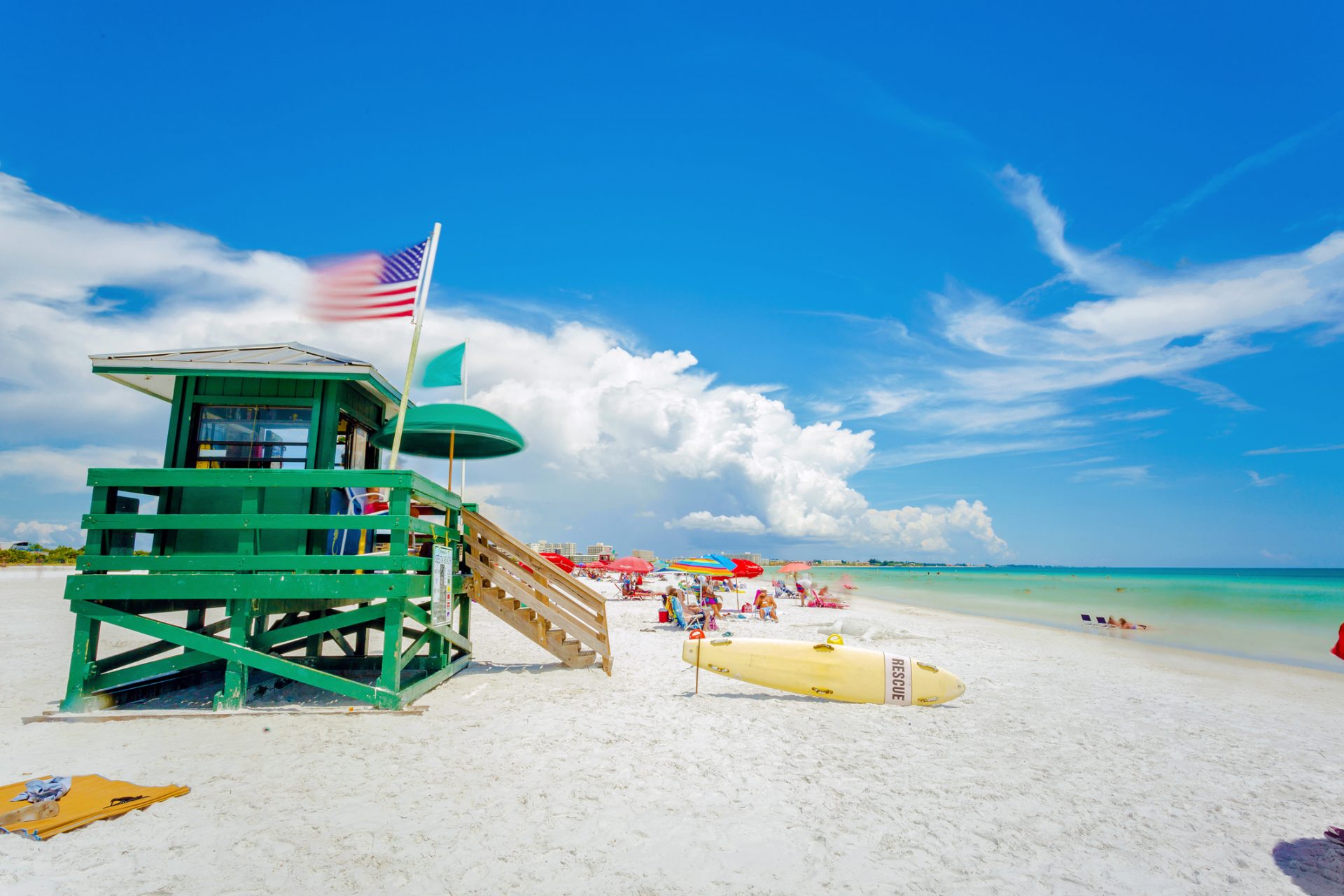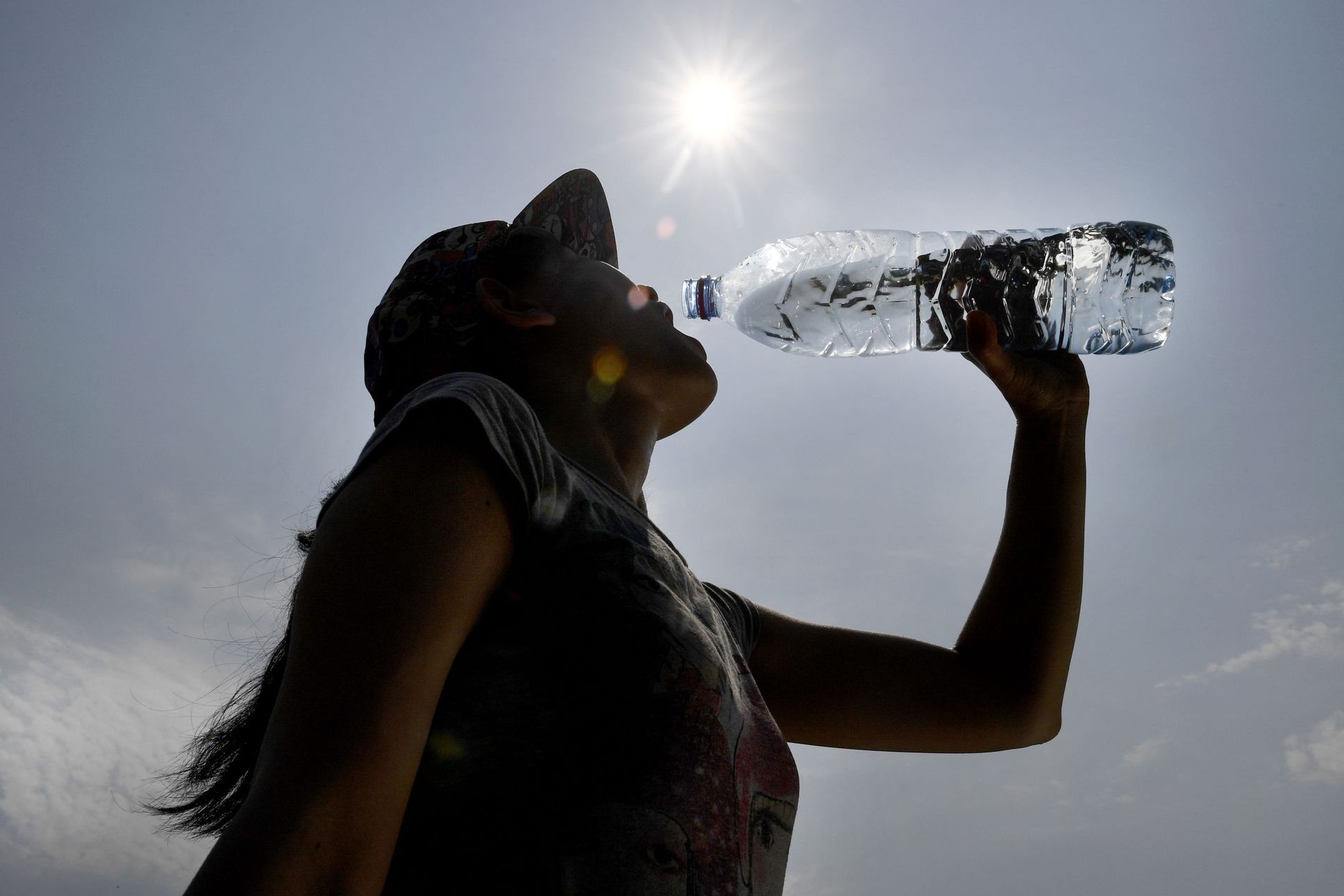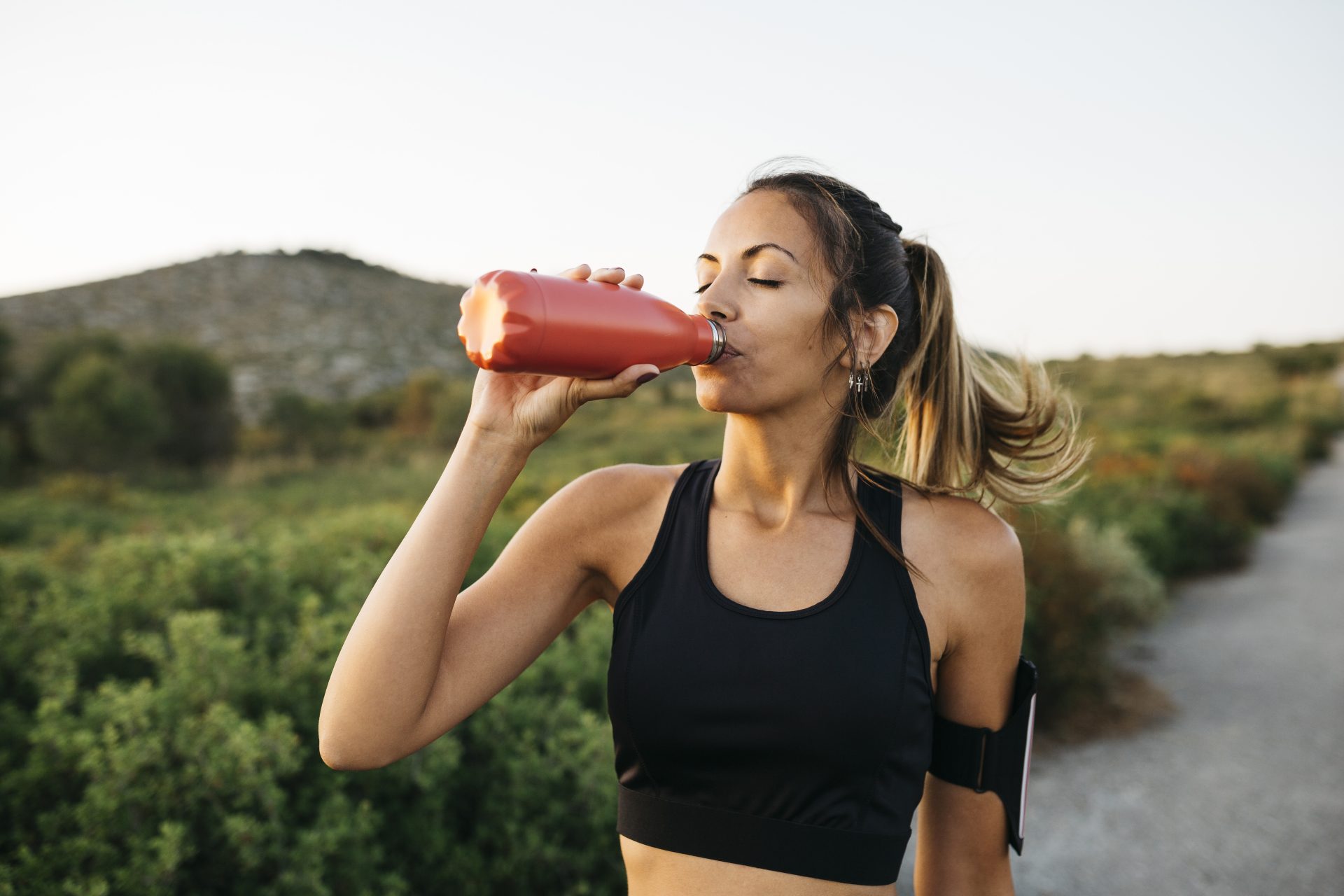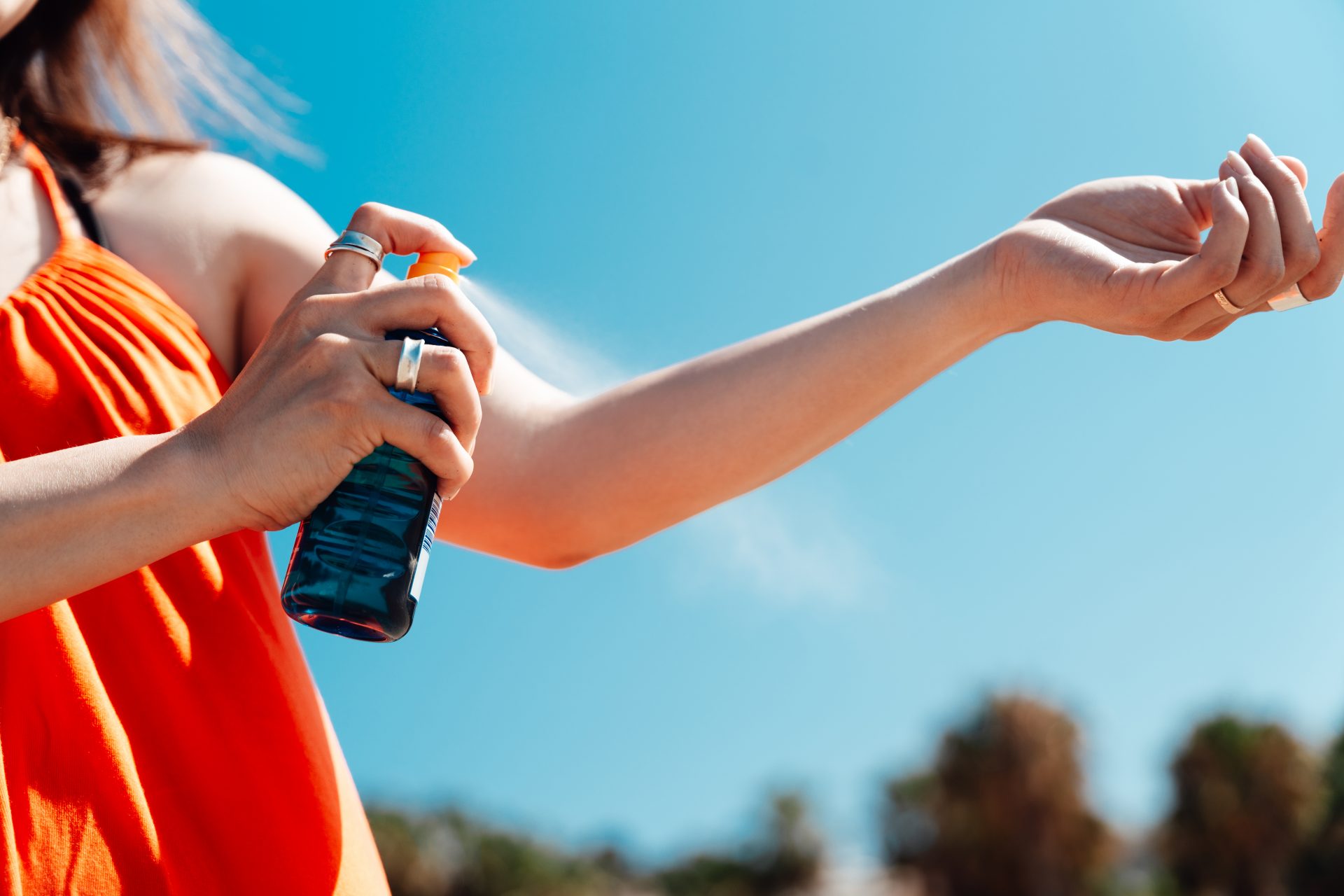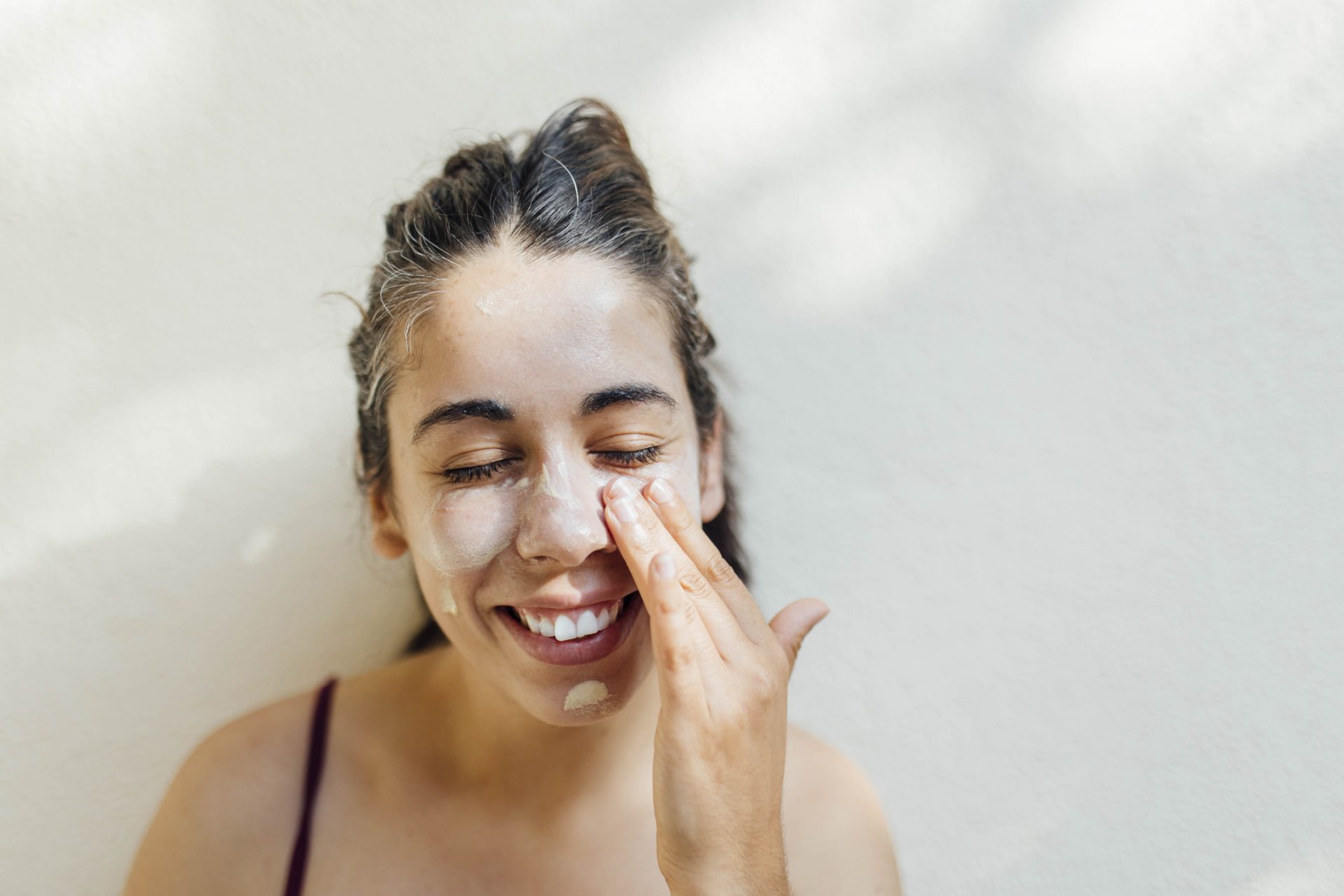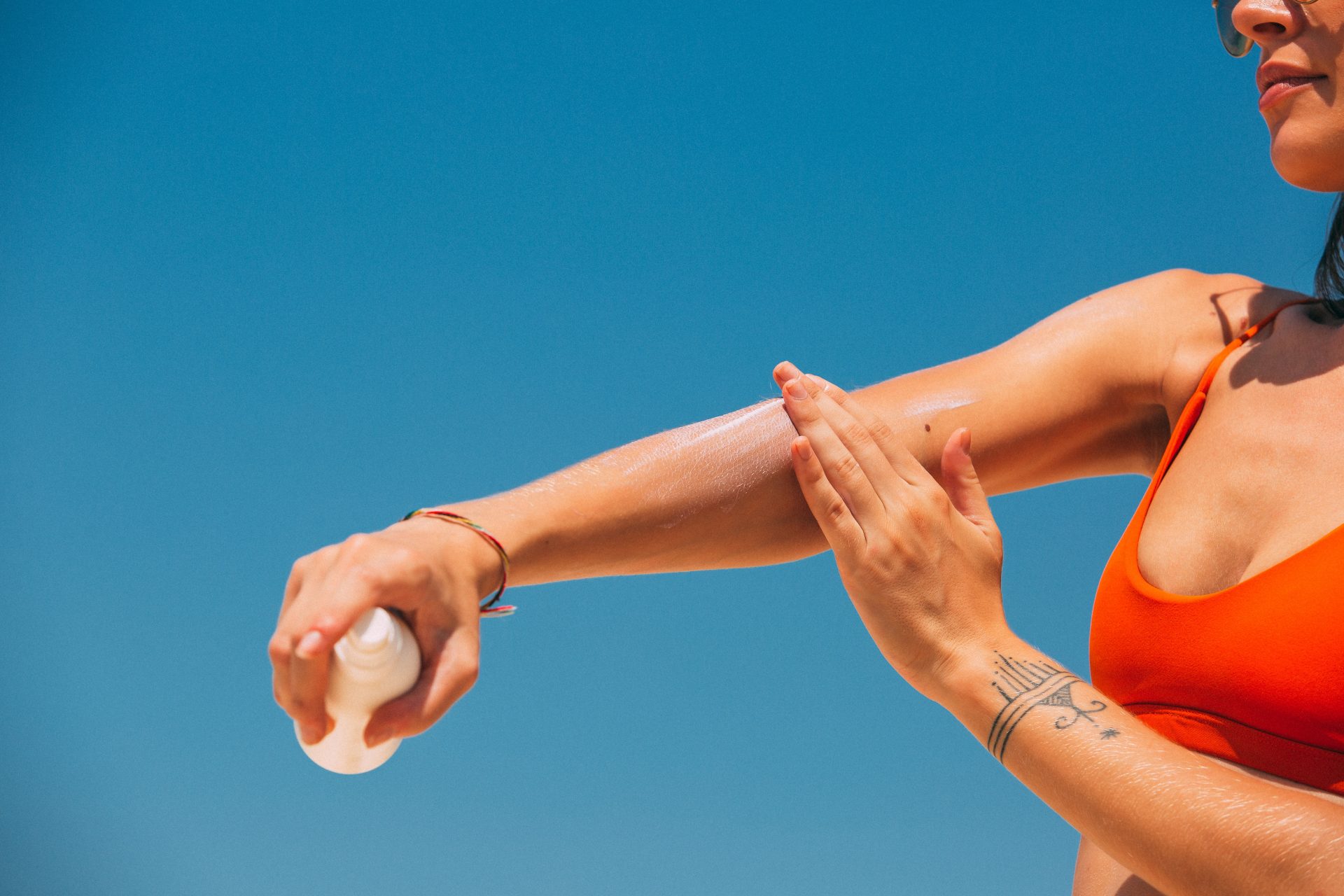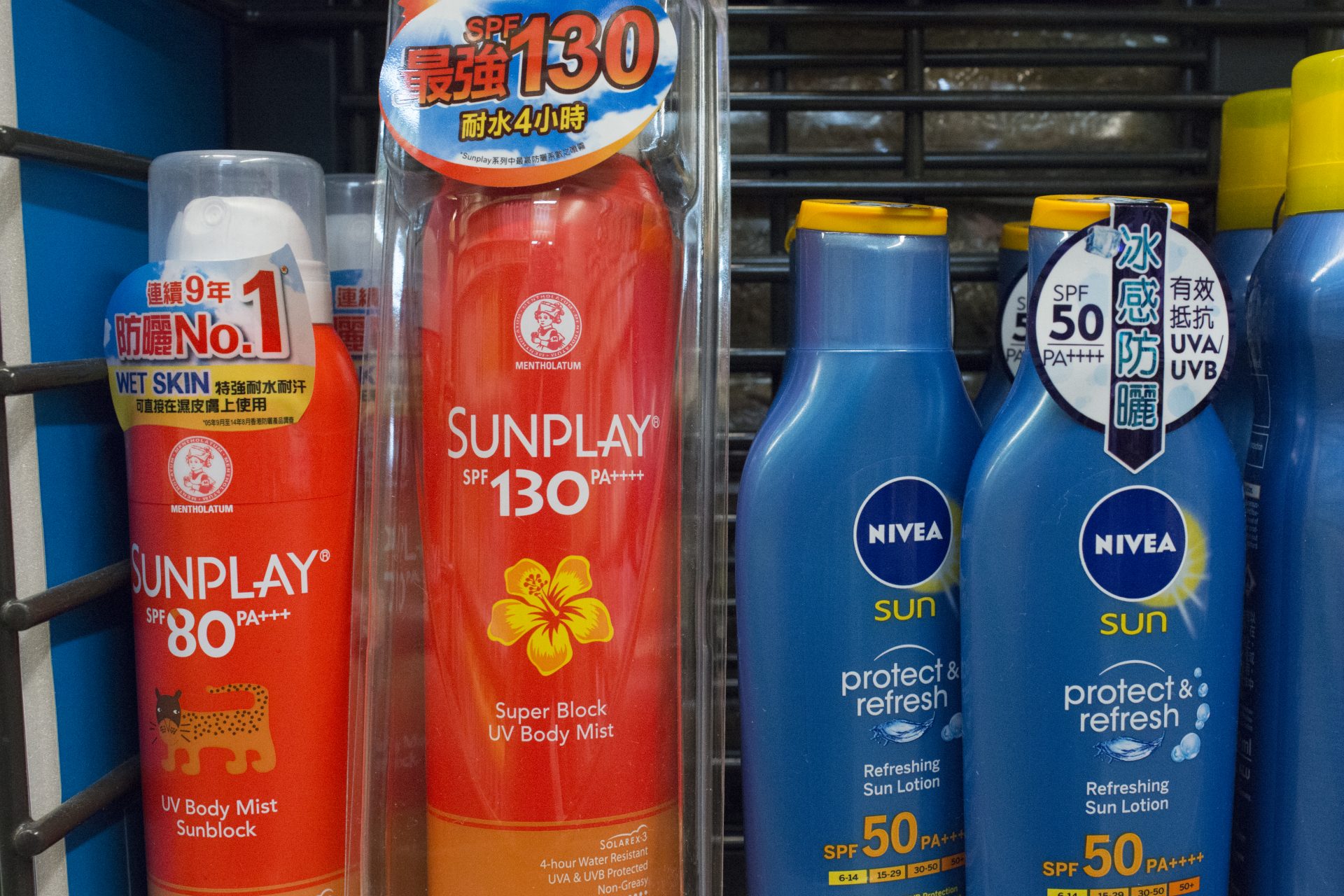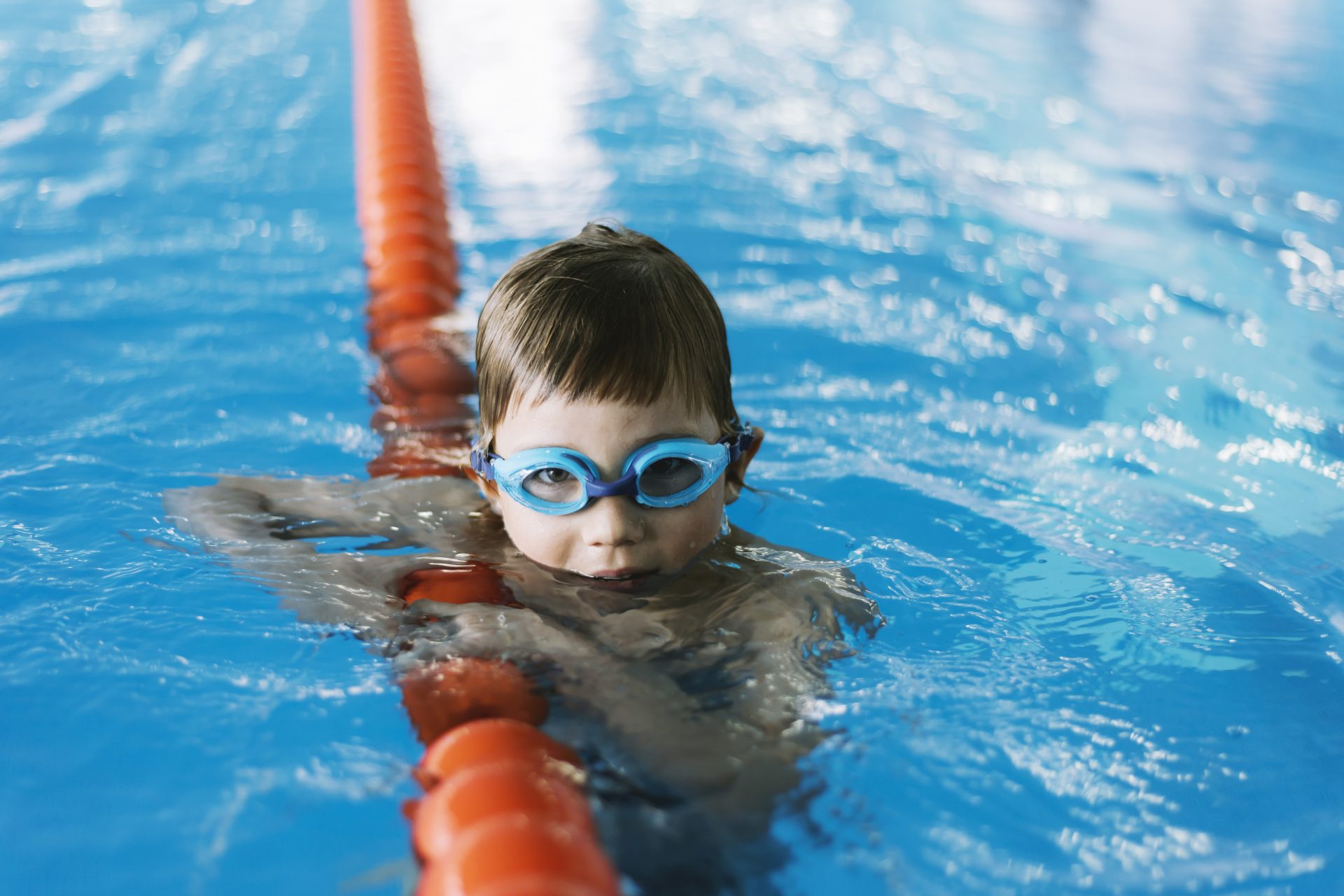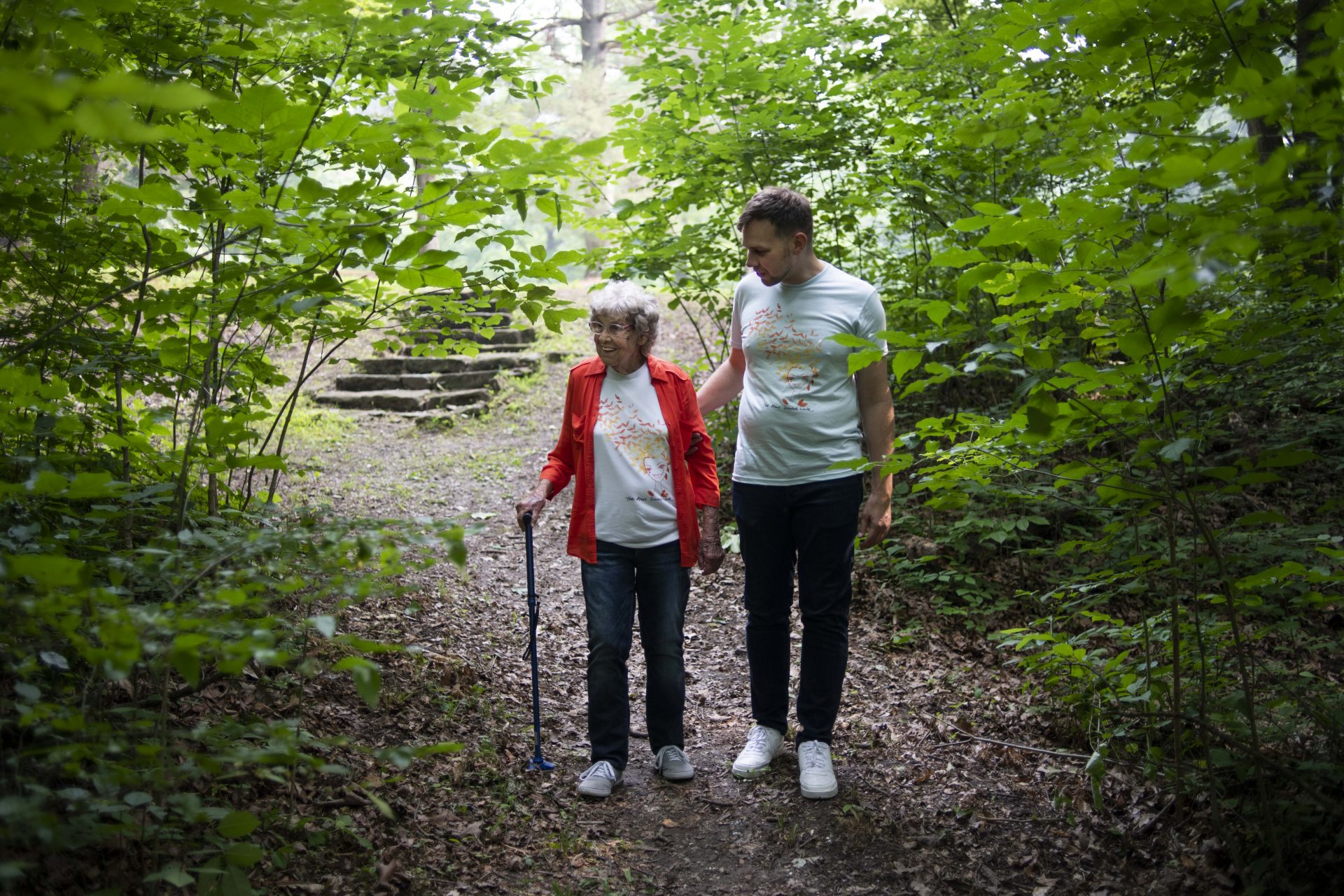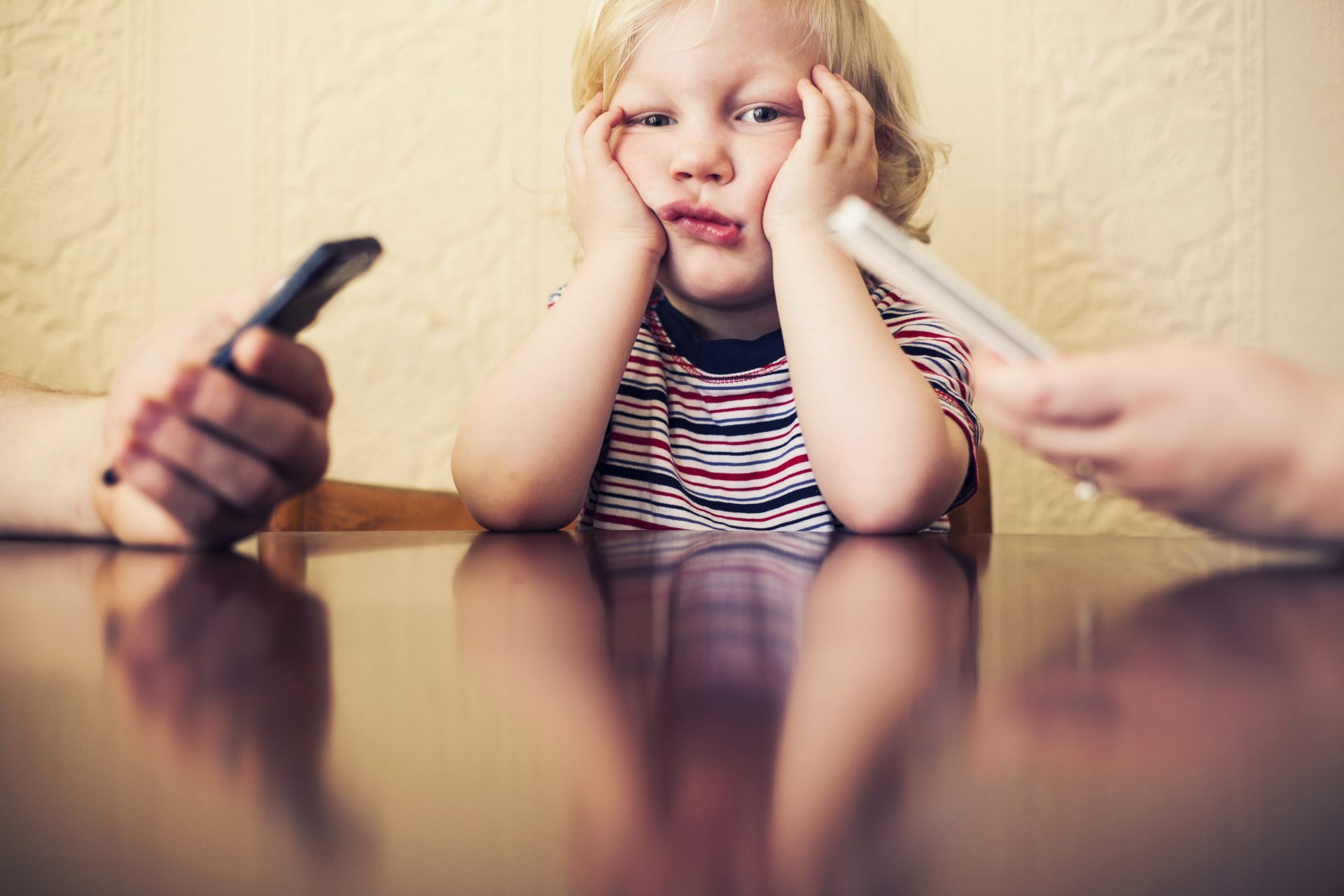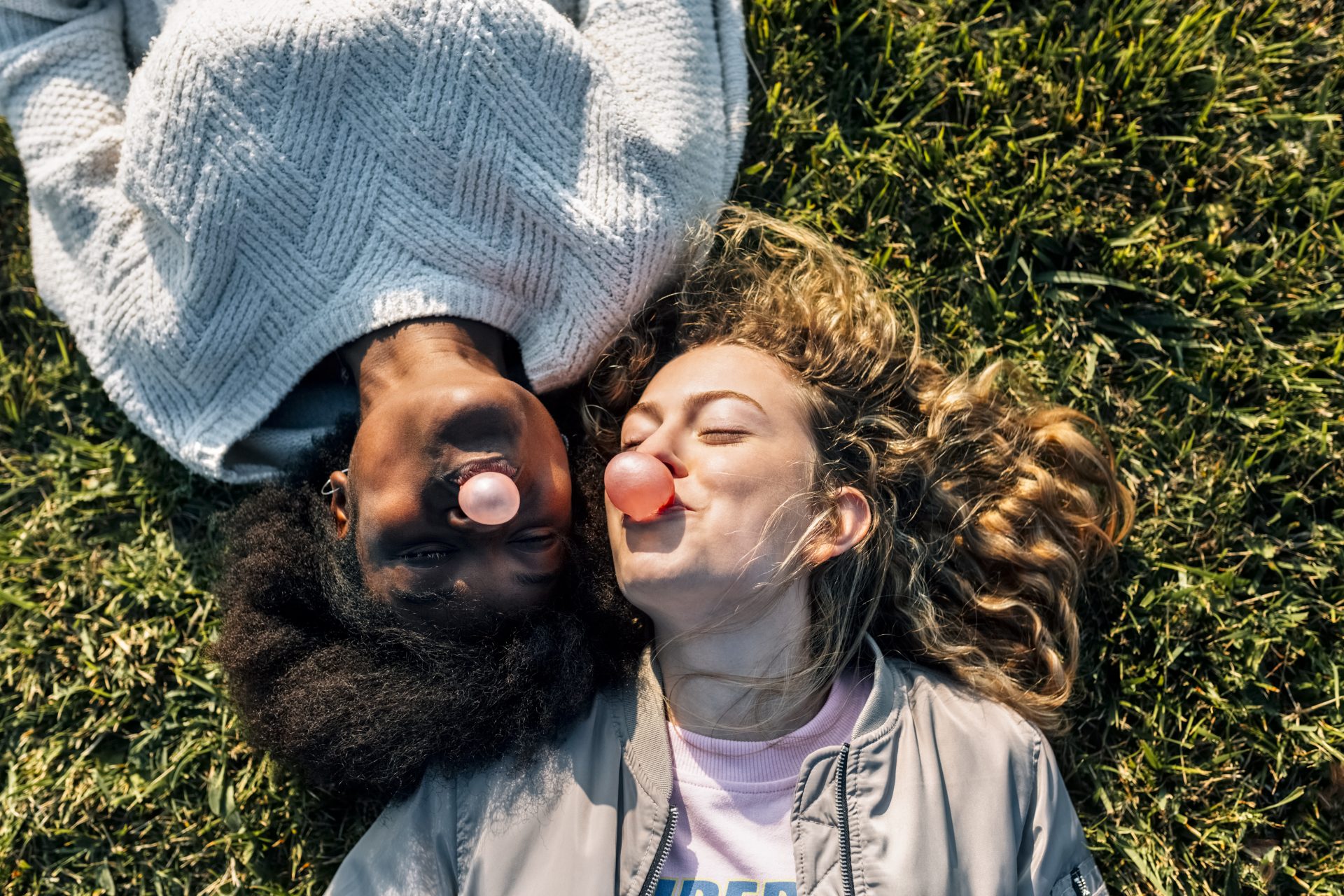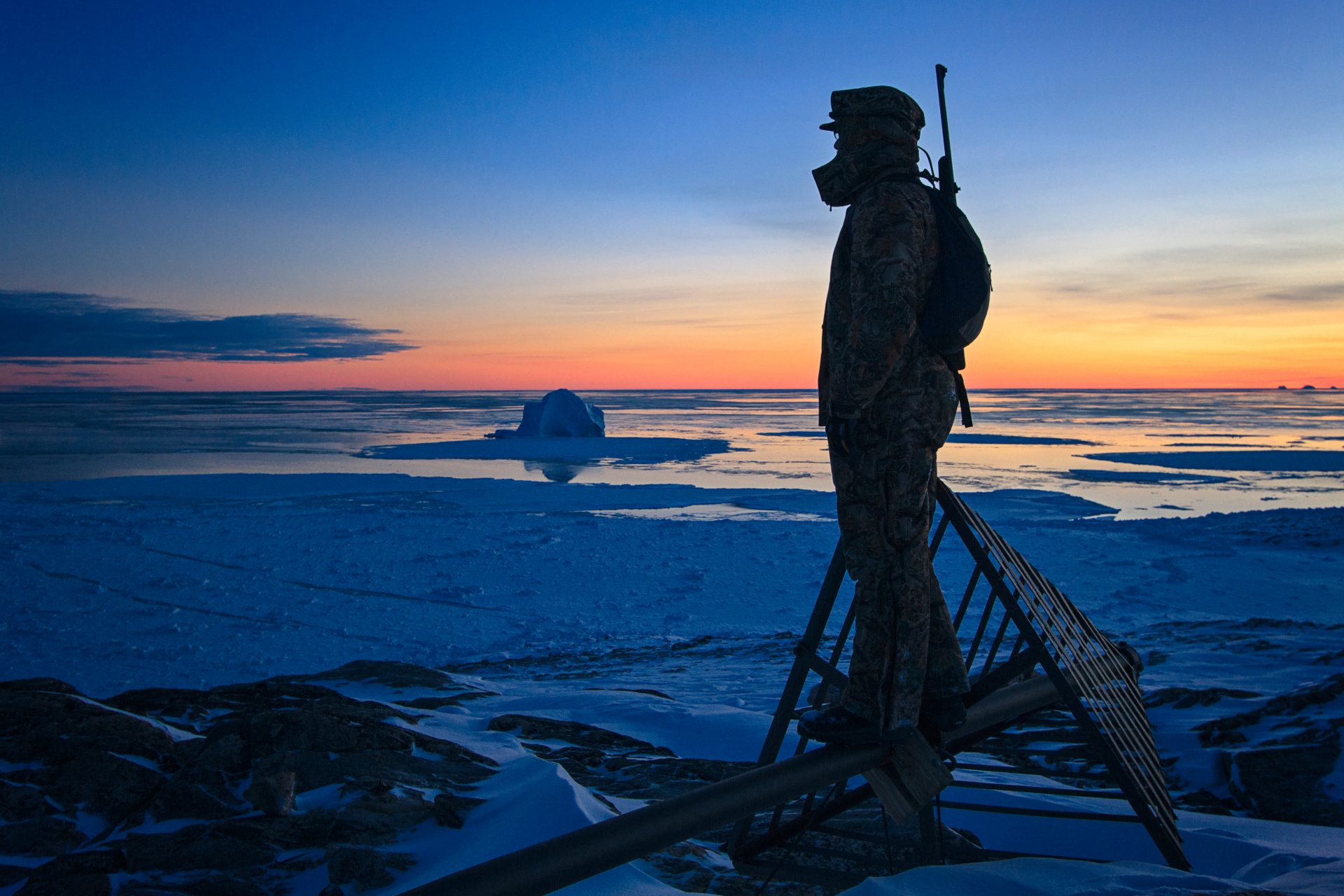Summer Health Myths and Old Wives' Tales, debunked
Summer is here, and more outdoor activities like going to the beach or hiking are coming. Some widespread health myths on how to stay safe during those activities have been around for years.
Thinking that any liquid will hydrate your body is one of the most common mistakes. According to Novant Health, only water and sports drinks can avoid dehydration, and alcohol and coffee make it worse.
Cleveland Clinic recommends drinking any sports drink (with electrolytes) to rehydrate if you exercise longer than an hour outside. So, take water and electrolytes on those long hikes.
According to Dr. John Whyte, the chief medical officer of WebMD, other common myths about sunscreen involve the need for it only when one is outside for long hours.
Whyte told Fox5 that 80% of UV rays pass through even on cloudy days, so it is essential to use sunscreen daily, even if it is not sunny, to avoid the added risk of skin cancer.
Summers inspire another misconception: you will be ok if you tan but not burn. According to Mayo Clinic, there is no such thing as a safe tan. Tanning is also a sign of UV damage.
Dr. Whyte told FOX5 that studies have shown that people who have blister-burned more than five times before reaching 21 years old have double the risk for melanoma. It also accelerates skin aging.
Sunscreen has a shelf life. Few people know that it can lose its protective qualities. According to the Mayo Clinic, all sunscreens must last three years per FDA regulations.
Ocean water is different from a sterile saline solution, so it is unsuitable for wounds. Novant Health recommends cleaning and covering any open wounds before entering the water.
More than a myth, this is an old wives' tale: it is not safe to swim after you eat. According to NBC, it is not entirely wrong. Still, it would only apply to people eating enormous amounts of food before doing a triathlon amount of exercise.
When a jellyfish stings you, do not urinate on the wound. According to Dr. Whyte, it is not helpful and can worsen it. If you want a home remedy, he recommends vinegar.
Beaches are not the only popular places in summer: mountains and forests can also be attractive. If you hike and accidentally touch poison ivy, rest assured—it is not transferable to other people.
With summer vacations, children also tend to spend more time at home and relax. NBC talked to experts to debunk common old wives' tales that involve their time at home.
Seating too close to the TV will not damage your children's eyesight. The outlet explains that televisions cause only strain and fatigue, both of which can be cured by resting your eyes.
Overeating chocolate will not cause acne. If your teenager loves chocolate, do not worry about their skin: recent research shows diet has little effect on pimples. Moderate consumption should be acceptable.
If you swallow gum, it will not stay in your gut for seven years. Gastroenterologist Rodger Liddle of Duke University told Scientific American that nothing would reside that long in your intestines.
More for you
Top Stories



